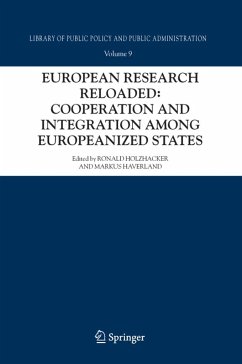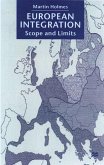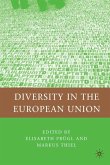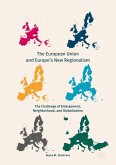The Three Waves of European Research European cooperation and integration has continued to progress forward over the past five decades, with an ever deepening impact on the member states. The first wave of research into these processes concerned European integration, the process of institution building and policy developments at the European Union (EU) level. The second wave, on Europeanization used integration as an explanatory factor in understanding domestic political change and continuity related to the EU. What is now necessary is to link our understanding of these 'bottom-up' and 'top-down' processes of integration and Europeanization in the EU. This book argues that a third wave of research on the EU is needed to adequately understand the increased interconnectedness between the European and national political levels. We posit that this third wave should be sensitive to the temporal dimension of European integration and Europeanization. In particular, we seek to link the processes of European integration and Europeanization in a new way by asking the question: how has Europeanization affected current modes of integration and cooperation in the EU? Part I. Europeanization of the Member States. Preparing the ground for the third wave, the first part of the book concerns Europeanization. In order to fully understand the feedback of Europeanization on cooperation and integration it is important to analyze how European integration has had an impact on member states in the first place, in particular indirectly, beyond the direct mechanism of compliance with European policies.
Hinweis: Dieser Artikel kann nur an eine deutsche Lieferadresse ausgeliefert werden.
Hinweis: Dieser Artikel kann nur an eine deutsche Lieferadresse ausgeliefert werden.








